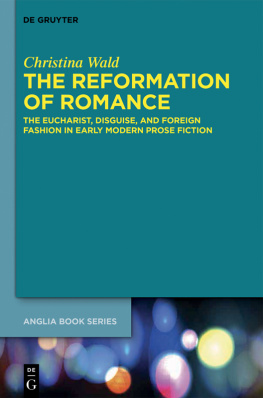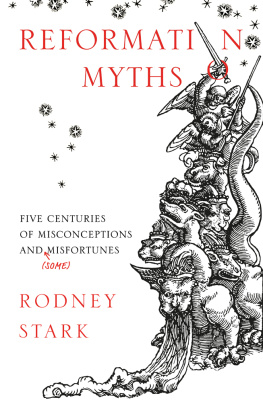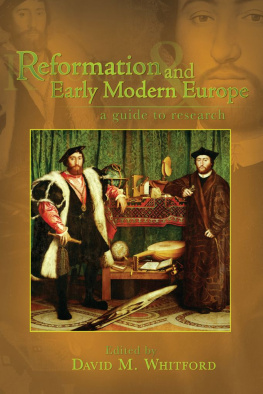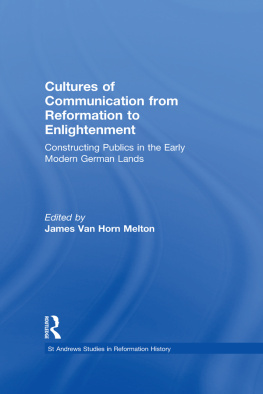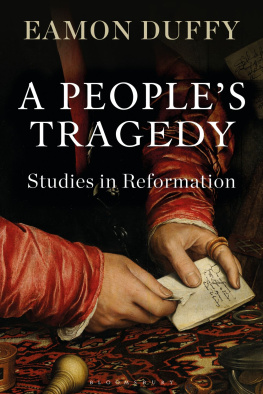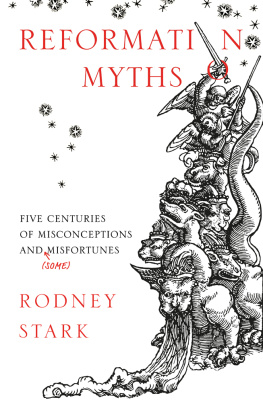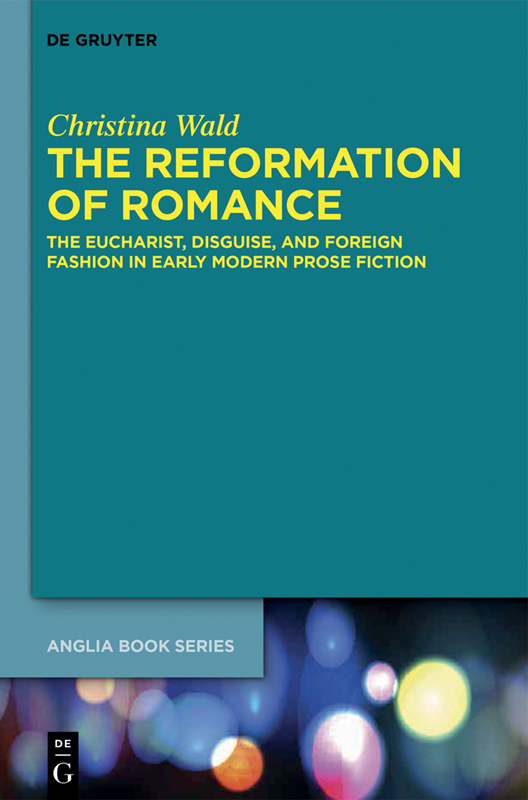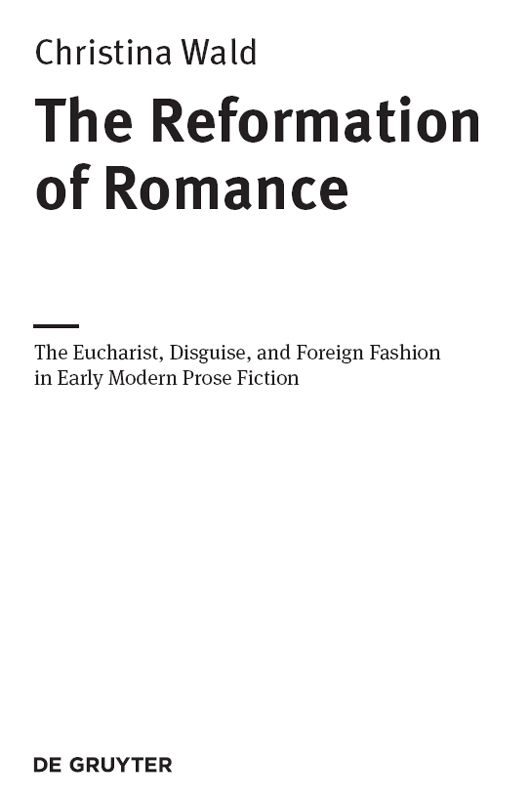Buchreihe der ANGLIA/ANGLIA Book Series
Edited by
Lucia Kornexl, Ursula Lenker, Martin Middeke, Gabriele Rippl, Hubert Zapf
Advisory Board
Laurel Brinton, Philip Durkin, Olga Fischer, Susan Irvine, Andrew James Johnston, Christopher A. Jones, Terttu Nevalainen, Derek Attridge, Elisabeth Bronfen, Ursula K. Heise, Verena Lobsien, Laura Marcus, J. Hillis Miller, Martin Puchner
Volume 44
For an overview of all books published in this series, please see http://www.degruyter.com/view/serial/36292
A CIP catalog record for this book has been applied for at the Library of Congress.
The Deutsche Nationalbibliothek lists this publication in the Deutsche Nationalbibliografie; detailed bibliographic data are available in the Internet at http://dnb.dnb.de.
Acknowledgements
In a study about transformations, it is a particular pleasure to remember and name with gratitude the colleagues and friends whose generous help and advice greatly contributed to the various stages of this project. This book is a shortened and reshaped version of the Habilitation thesis that I completed at the University of Augsburg, and my first thanks go to my Augsburg colleagues, most of all to Martin Middeke, who supported this project through all its phases with his characteristic enthusiasm and sensitivity. The most substantial work on this project was done during a year-long postdoctoral fellowship at the Humanities Center at Harvard University. I would like to thank the VolkswagenStiftung for the generous support of the fellowship, my colleagues at Harvard, in particular Homi K. Bhabha, James Simpson, and Gordon Teskey for inspiring conversations, my co-fellows Andreas Fischer, Jean-Philippe Belleau, Detlef von Daniels and Nirvana Tanoukhi for their companionship and their good spirits, the Humanities Center team for welcoming us as they did, and the participants of the Renaissance Research Colloquium as well as my students for sharing many interesting insights. The VolkswagenStiftung and the Humanities Center also supported the conference Early Modern Reformations: Literature, Religion, Aesthetics that I organised at Harvard; I am indebted to all speakers and many participants of this conference for their contributions and their comments on my work, in particular to Sarah Beckwith, Brian Cummings, Tobias Dring, Deborah Shuger, James Simpson, Gordon Teskey, Mary Baine Campbell, Jonathan Hart, Martin Moraw, Claudia Olk, and Jason Zysk.
I would like to thank Verena Lobsien for discussing my work in Frankfurt and for her later thought-provoking comments on my writing, Elisabeth Bronfen for our inspiring conversations in Zurich, Ingrid Hotz-Davies for our encouraging meeting in Munich, Steve Mullaney for our talk in Stratford-upon-Avon, and Stephen Greenblatt and Ramie Targoff for our dialogue in Rome, possibly the most congenial place to discuss Eucharistic matters. I would also like to thank Tobias Dring, Roger Ldeke, Bjrn Quiring, and Claudia Richter for supporting this project in its earlier stages, and in particular Gordon McMullan for inviting me to London. I am also grateful to my colleagues at the Humboldt-Universitt Berlin for their support during the final stages of preparing this book.
Many of the ideas of this study have been presented at conferences and in seminars, and for their invitations, support, and criticism, my thanks are due to Andreas Hfele and the participants of the Literary Colloquium at Munich, Stefan Brnchen, Georg Mein and the participants of the conference Weltliche Wallfahrten at the University of Luxemburg, Isabel Karremann, Jonathan Baldo and the participants of the seminar Forgetting Faith? at the Annual Conference of the Shakespeare Association of America in Boston, and Emily Sherwood, Sarah Lewis, and the participants of the conference at Kings College on Transforming Early Modern Identities. Earlier versions of parts of chapters 1 and 2 appeared in Narrative Developments from Chaucer to Defoe (eds. Gerd Bayer and Ebbe Klitgrd. New York: Routledge, 2011), Weltliche Wallfahrten: Die Suche nach dem Realen (eds. Stefan Brnchen and Georg Mein. Mnchen: Fink, 2010) and Anglistentag 2008 Tbingen: Proceedings (eds. Lars Eckstein and Christoph Reinfandt. Trier: WVT, 2009).
I am very grateful to Sofia Meyers, Charles Marcrum, Martin Riedelsheimer, Georg Hauzenberger, Anja Haslinger, Bianka Kretschmer, and Fabian Baier for the painstaking care they have taken with the various stages of this manuscript. I would also like to thank the editors of the Anglia book series who accepted my monograph proposal and the team at De Gruyter.
For sharing (and causing) the transformations in my personal life, my most heartfelt thanks go to Markus Scheumann, Hans Jonathan and Heinrich David Wald to whom this book is dedicated.
Contents
List of Illustrations and Acknowledgements of Rights
| Illustration 1: | Ecclesiae Anglicanae Trophaea sive Sanctor Martyrum (Rome: 1584), plate 33. Engraving by Giovanni Baptista Cavalleri which reproduced the fresco painted in the church of the English College in Rome in 1583 by Niccol Circignani. By permission of the Folger Shakespeare Library. |
| Illustration 2: | Boorde, Andrew. The Fyrst Boke of the Introduction of Knowledge . Image 4 of the 1562 edition. STC (2nd ed.) / 3385. Reproduction of the original in the Bodleian Library. 1562 edition / 4 B 56 Art. Seld. By permission of The Bodleian Libraries, The University of Oxford. |
| Illustration 3: | Greene, Robert. A Quip for an Vpstart Courtier . Title page of the 1592 edition. STC (2nd ed.) / 12300. By permission of The Huntington Library, San Marino, California (RB 61128). |
Introduction
In one of the most erotically charged scenarios of Philip Sidneys Arcadia , a young princess called Philoclea finds herself in a perplexing situation. She is unexpectedly asked by her close female friend, the Amazon Cleophila, to [b]ehold here before your eyes Pyrocles, prince of Macedon ( Old Arcadia 105). Alas, Pyrocles is nowhere to be seen, all that is visible is Cleophila herself. The legendary male prince does not appear. Or does he? Does his hidden, but real presence exist beneath the Amazons external appearance, as she claims? And can the young princess penetrate the misleading looks to see this alleged substance beneath? In Sidneys romance, Philoclea is ready to believe in Cleophilas hidden male core. She is even immensely relieved by Cleophilas assertion since she felt an unspeakable and indeed unthinkable desire for her female friend all along. When the narrator describes Philocleas feelings, he resorts to Ovids Metamorphoses , comparing her excitement with [t]he joy which wrought into Pygmalions mind while he found his beloved image wax little and little both softer and warmer in his folded arms ( Old Arcadia 106; New Arcadia 231). The narrator here offers his readers a literary paradigm of supernatural shape-shifting to understand Philocleas overwhelming emotions, even though Cleophila does not alter her shape in any visible or palpable manner. Instead, it is the faith and imagination of Philoclea which transforms the Amazon into a valiant prince, at least from her perspective.

